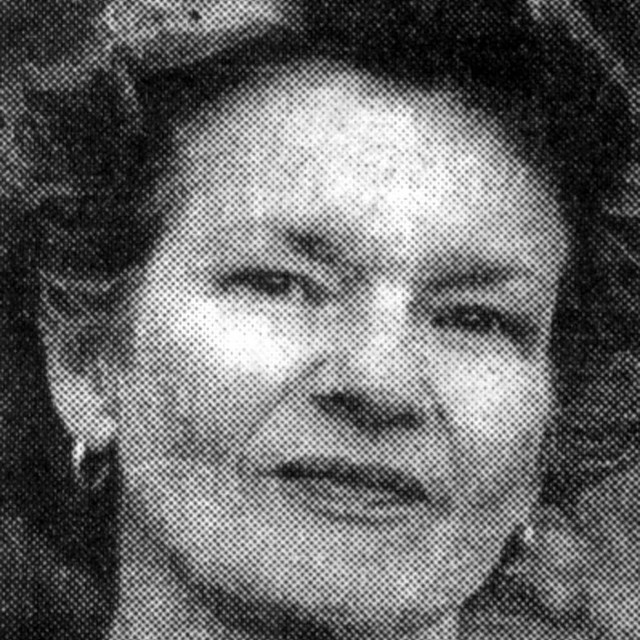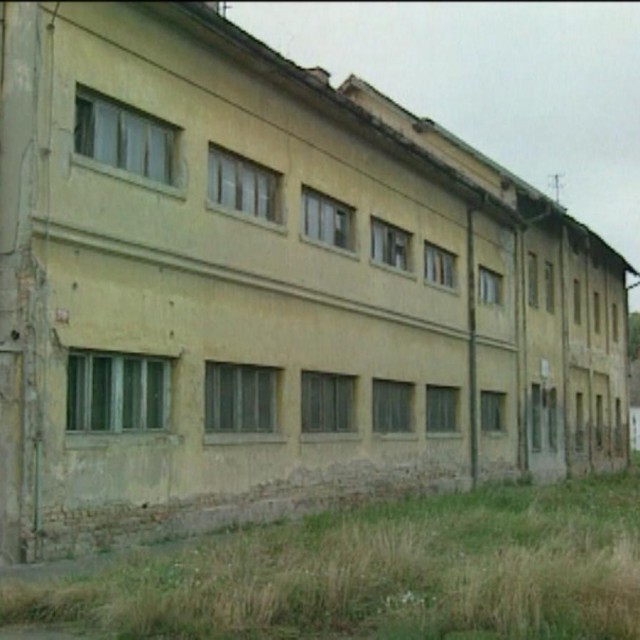In Zrenjanin camp’s hospital
For Ingrid Popa’s family the instauration of the communism in Romania meant the beginning of a harsh persecution with many of her close relatives kept under surveillance, interrogated and imprisoned by the regime. As a result, after her father’s arrest and imprisonment in 1947, the parents decided to cross the border from Romania into Yugoslavia. They made a perilous crossing of the Danube in a group consisting of twelve persons: besides the Popa family, there was another family of two parents and three sons, and three men who helped with the launch and also who took advantage of the opportunity to flee the country. Once arrived in Yugoslavia, they had the “chance” to experience the life in several Yugoslavian camps. Zrenjanian was just one of them… “And let me tell you… The hospital was when we were at Zrenjanin, in the camp. In the camp things were more relaxed. In the men’s quarters there were tables with chessboards, where they played chess. And there were people who tried to go to the hospital. For example, one would pretend to have poisoned himself by swallowing a copper coin that was green. They didn’t really believe any of it. When we were at Kovačica we would have to queue, a young woman fainted, said she was pregnant, but the druzhi didn’t believe that either. But I really did get sick: I had a fever, the symptoms of appendicitis. They took me, put me in a cart and took me to the hospital in Zrenjanin. A small, white, clean hospital: enchanting! They took me there, put me in a very, very clean bed. Very nice doctors came to examine me. They let Mother stay with me. Father waited outside. I’ll never forget when they brought me food: there was a plate, on the plate there was some meat among other things. I hadn’t eaten meat for such a long time! And mother asked me: “Do you think I could give a little bit of your meat to Daddy?” Daddy was waiting outside. I could see him through the window. He looked like a beaten hound. And there was a terrible struggle inside me. I told Mother: ‘Yes,’ but it hurt and I felt so guilty about being hurt because of that little bit of meat, (weeps). And so you have just a little idea of it," stated Fotino.
Hodnocení
Hodnotilo 0 lidí
Routes
Not a part of any route.
Comments
No comments yet.



